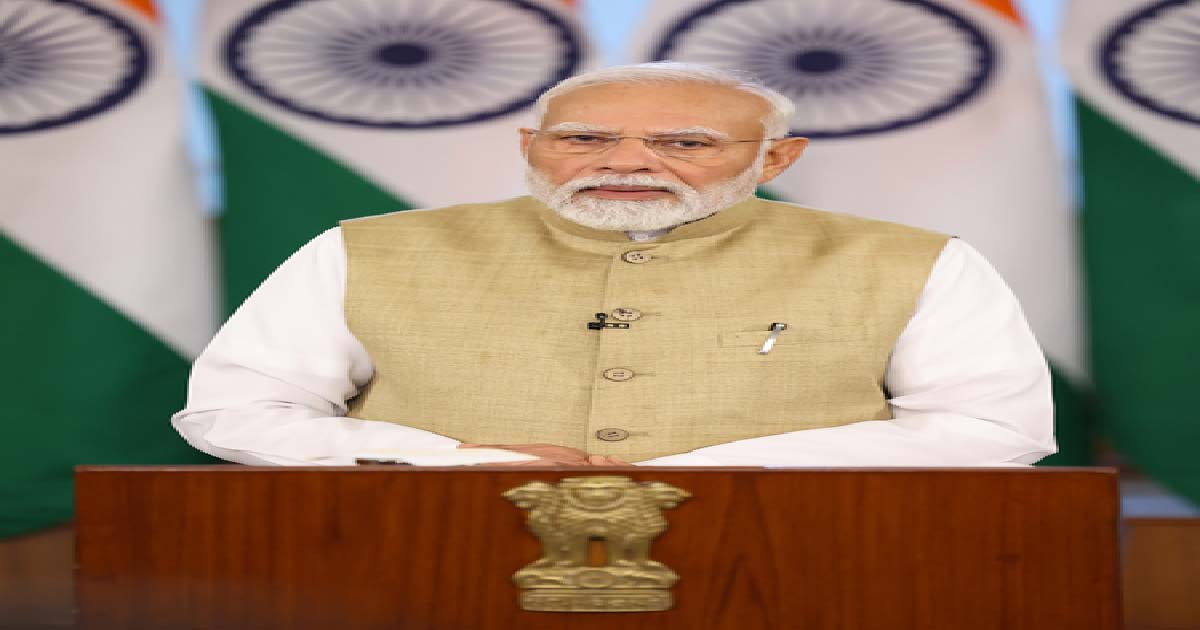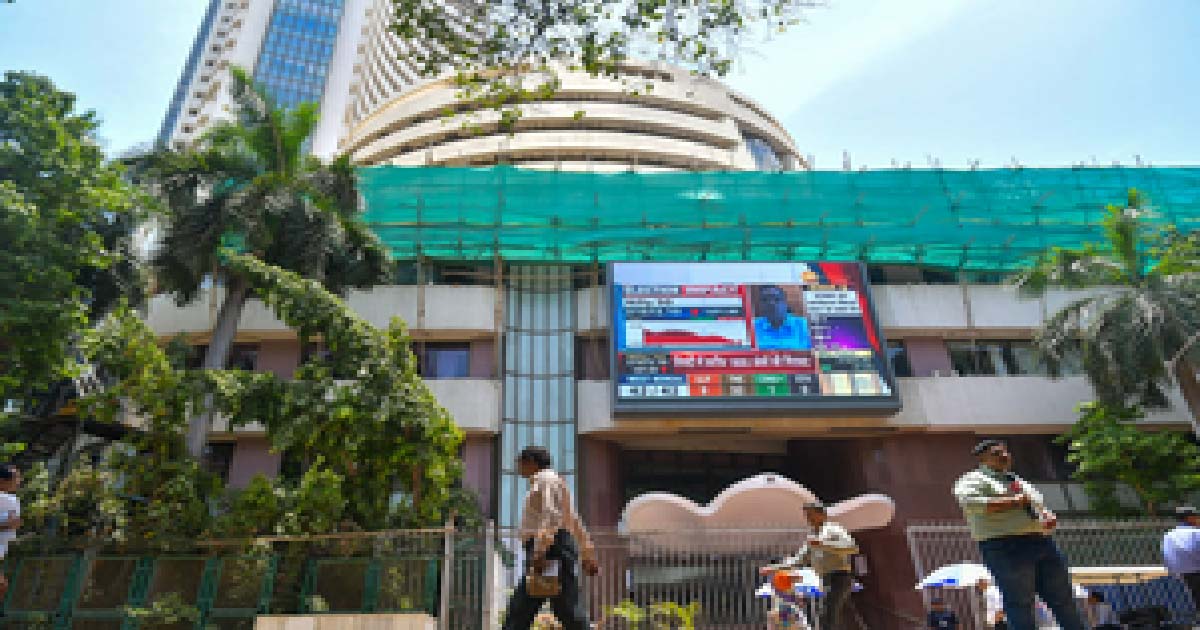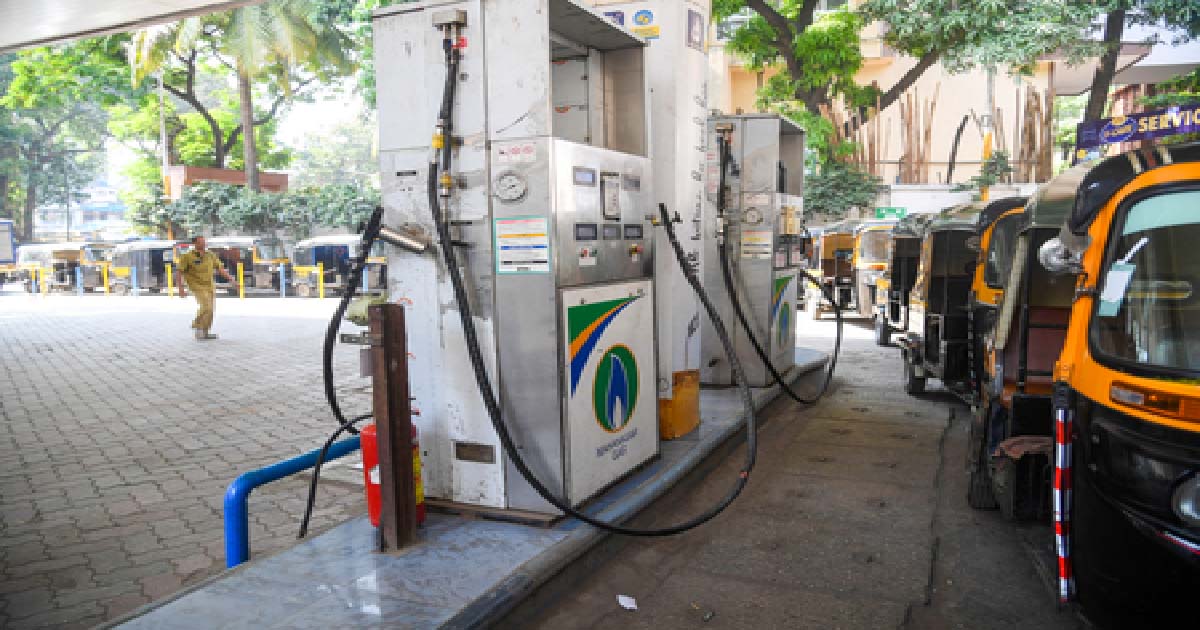Business
India becomes global investment hub for digital shopping

With the backing of global investors for e-commerce companies, India has become the second-largest global venture capital investment hub for digital shopping companies in 2021 after the US.
The Indian e-commerce segment registered a whopping growth rate of 175 per cent and reached $22 billion from $8 billion in 2020.
The US which attracted $51 billion investments came first followed by China at third position with $14 billion and the UK at fourth position with $7 billion according to the London & Partners analysis of Dealroom.co investment data.
The data also indicates that the US and India are two of the world’s leading hubs for digital shopping companies with high levels of global investment and unicorns.
The reason for this kind of investment may be attributed to increasing demand for online purchases during a series of lockdowns across the world during the Covid-19 pandemic.
Within India, Bengaluru was on top globally with $14 billion worth of Venture Capital (VC) investments in digital shopping in 2021, followed by Gurugram at No. 7 with $4 billion and Mumbai at No. 10 with $3 billion.
The data also shows that Bengaluru ranked number five among cities with the potential for future unicorns, just behind London.
Three of the 15 global cities with the highest count of current unicorns are in India Bengaluru at No. 6 with 19 unicorns in 2021 (up from three in 2020, Gurugram at No. 7 with 13 unicorns (up from 3 in 2020) and Mumbai at No. 14 with 7 unicorns.
London is the leading European hub for digital shopping investment, with a record $5 billion raised by digital shopping companies based in the capital in 2021.
Overall, global venture capital investment into digital shopping more than doubled in 2021 following a significant consumer shift to e-commerce platforms during the pandemic. The total global VC investment for 2021 stood at a record $140 billion, up from $68 billion in 2020.
India’s e-commerce market is likely to surpass $120 billion in transactional value, a study by FIS, an American financial technology company, forecasts. Between 2021 to 2025 the ecommerce market is expected to grow by 96 per cent, the growth driven by an increasing shift towards digital payments, according to the 2022 Global Payments Report by Worldpay from FIS, which offers a snapshot of the global payments landscape.
Riding on the global sentiment, Indian consumers are relying more on mobile commerce than desktop ecommerce. Globally, the transaction value from mobile devices accounted for 52 per cent of all e-commerce spending in 2021.
In India, consumers preferred to use digital wallets 45 per cent of the time, over debit, credit and charge cards for e-commerce payments, a trend common in Asia Pacific countries including China, Indonesia and the Philippines.
Regional wallets such as Paytm in India, and WeChat and AliPay in China, are major factors for this, as they facilitate a diverse and competitive payments ecosystem in these countries.
While cash is still the leading in-store payment method in 2021, responsible for 37.1 per cent of transaction value, digital wallets are projected to overtake cash as the most popular in-store payment method by 2023, when they are expected to account for 30.8 per cent of point-of-sale (POS) transaction value. India’s POS market is expected to grow by 28.8 per cent to $1.08 trillion between 2021 and 2025.
In the backdrop of the Covid-19 crisis, while global investments depict a decline in Foreign Direct Investment (FDI) inflows, Indian prospects are bright owing to its sustained long-term growth trend.
According to the UN Conference on Trade and Development (UNCTAD), India’s large market and positive economic growth in the post-pandemic period will draw investments to the country.
Business
Four Labour Codes are most progressive reforms for workers since Independence: PM Modi

New Delhi, Nov 21: Prime Minister Narendra Modi on Friday said the government has given effect to the Four Labour Codes, which are one of the most comprehensive and progressive labour-oriented reforms since Independence.
“It greatly empowers our workers. It also significantly simplifies compliance and promotes Ease of Doing Business,” the Prime Minister remarked.
He said that these Codes will serve as a strong foundation for universal social security, minimum and timely payment of wages, safe workplaces and remunerative opportunities for our people, especially ‘Nari Shakti and Yuva Shakti’.
“It will build a future-ready ecosystem that protects the rights of workers and strengthens India’s economic growth. These reforms will boost job creation, drive productivity and accelerate our journey towards a Viksit Bharat,” he added.
The four labour codes include the Code on Wages, 2019, the Industrial Relations Code, 2020, the Code on Social Security, 2020 and the Occupational Safety, Health and Working Conditions Code, 2020, with effect from November 21, rationalising 29 existing labour laws.
With the implementation of the Labour Codes, it has now become mandatory for employers to issue appointment letters to all workers, which provides written proof to ensure transparency, job security, and fixed employment. Earlier, no mandatory appointment letters were required.
Under Code on Social Security, 2020, all workers, including gig and platform workers, will get social security coverage. All workers will get PF, ESIC, insurance, and other social security benefits. Earlier, there was only limited security coverage.
Under the Code on Wages, 2019, all workers will receive a statutory right minimum wage payment which wages and timely payment will ensure financial security. Earlier, minimum wages applied only to scheduled industries or employments; large sections of workers remained uncovered.
The Labour codes also ensure that employers must provide all workers above the age of 40 years with a free annual health check-up and promote a timely preventive healthcare culture. Earlier, there was no legal requirement for employers to provide free annual health check-ups to workers.
The codes also make it mandatory for employers to provide timely wages, to ensure financial stability, reducing work stress and boosting the overall morale of the workers. Earlier, there was no mandatory compliance for employers’ payment of wages.
The new law permits women to work at night and in all types of work across all establishments, subject to their consent and required safety measures. Women will also get equal opportunities to earn higher incomes in high-paying job roles. Earlier, women’s employment in night shifts and certain occupations was restricted.
The new codes also extend ESIC coverage and benefits pan-India – voluntary for establishments with fewer than 10 employees, and mandatory for establishments with even one employee engaged in hazardous processes.
Social protection coverage will be expanded to all workers. Earlier, ESIC coverage was limited to notified areas and specific industries; establishments with fewer than 10 employees were generally excluded, and hazardous-process units did not have uniform mandatory ESIC coverage across India.
The codes also ease the compliance burden for workers by providing for single registration, a PAN-India single license and a single return. Earlier, multiple registrations, licenses and returns across various labour laws were required.
Business
Sensex, Nifty open marginally down amid negative global cues

Mumbai, Nov 21: Indian benchmark indices opened in mild red zone on Friday, amid negative global cues and fading investor hopes of a US Fed rate cut in December.
As of 9.25 am, Sensex declined 80 points, or 0.09 per cent at 85,551 and Nifty dipped 15 points, or 0.05 per cent to 25,860.
The broadcap indices performed in line with the benchmarks, with the Nifty Midcap 100 down 0.30 per cent and the Nifty Smallcap 100 dipped 0.34 per cent.
TCS, Asian Paints and NTPC were among the major gainers in the Nifty Pack, while losers included Hindalco, Shriram Finance, Tata Steel and ICICI Bank.
All the sectoral indices on NSE were trading in red except Nifty Auto (up 0.30 per cent). Nifty Metal down 0.79 per cent was the biggest loser.
Analysts said that India will gain if the AI trade slows down and capital begins to shift into non-AI stocks in emerging markets.
All of the major Asia-Pacific markets fell in early trading sessions after US AI and tech stocks shed value and investors lost hopes of a December rate cut by the Federal Reserve.
The volatility of the market has increased evident by Nasdaq, the barometer of AI trading, ending the day down 2.15 per cent, crashing 4.4 per cent from the intraday peak.
“This type of market movement indicates that there will be more volatility in the future. AI stock prices may see fresh buying at lower valuations. We will need to wait and observe the course of this unstable period,” an analyst said.
The US markets ended in the red zone overnight, as Nasdaq slipped 2.16 per cent, the S&P 500 dropped 1.56 per cent, and the Dow declined 0.84 per cent.
In Asian markets, China’s Shanghai index dipped 1.71 per cent, and Shenzhen dipped 2.52 per cent, Japan’s Nikkei dipped 2.31 per cent, while Hong Kong’s Hang Seng Index declined 2.17 per cent. South Korea’s Kospi dropped 3.94 per cent.
On Thursday, foreign institutional investors (FIIs) sold equities worth Rs 284 crore, while domestic institutional investors (DIIs) were net buyers of equities worth Rs 824 crore.
Business
Indian city gas distribution firms’ operating profit to rise 8-12 pc this fiscal

New Delhi, Nov 20: City gas distribution (CGD) companies in India are projected to clock an operating profit of Rs 7.2–7.5 per standard cubic metre (scm) this fiscal — up 8-12 per cent compared with the second half of last fiscal when margins dropped because of a sudden and steep decline in gas allocation under the administered price mechanism (APM) for the compressed natural gas (CNG) segment, a report said on Thursday.
Consequently, distributors had to take recourse to the spot gas market for supply, which exerted upward pressure on cost. The companies have, thereafter, transitioned to contracted supplies, which is expected to burnish margins.
“Healthy earnings will keep leverage in check despite the proposed capital expenditure (capex) by companies. Our assessment of seven CGD companies, with 70 per cent share of total sales volume last fiscal, indicates as much,” Crisil Ratings said in its report.
CGD companies get gas on priority at lower prices under the APM from legacy gas fields to serve the domestic CNG and piped natural gas-domestic (PNG-D) segments.
Beyond APM, they procure high-pressure, high-temperature (HPHT) gas and imported regasified liquefied natural gas (R-LNG) under contracted and spot purchase mechanisms.
According to the report, in the second half of the last fiscal, APM gas allocated to the CNG segment was reduced to less than 40 per cent of the total CNG requirement, compared with 70 per cent in the first half of the last fiscal.
This led to a substantial increase in gas procurement costs as companies relied on spot purchases, which were 80-100 per cent more expensive than those under APM prices, to protect against supply disruptions.
As a result, spot purchases by volume rose to more than 15 per cent of total supplies from 5 per cent in the first half of the last fiscal.
“Against the 30 per cent reduction in APM allocation for the CNG segment, CGD companies got 15-20 per cent long-term allocations from domestic new well gas, mainly towards the end of last fiscal or early this fiscal. For the balance, they have signed additional medium- and long-term contracts, mainly for HPHT gas and R-LNG,” said Ankit Hakhu, Director, Crisil Ratings.
This will not only improve gas security but also reduce exposure to the spot market, where prices are 25-30 per cent higher on average, he added.
The report noted that realisations are steady this fiscal, following some increase in the second half of last fiscal when companies implemented price hikes to pass on increased costs to consumers, albeit partially and gradually.
However, some of the benefits of reduced gas procurement costs in the current fiscal year will be offset by an increase in other operating costs. These costs will rise as players continue to incur capex to expand gas infrastructure in existing and new geographical areas (GAs) to support volume growth.
-

 Crime3 years ago
Crime3 years agoClass 10 student jumps to death in Jaipur
-

 Maharashtra1 year ago
Maharashtra1 year agoMumbai Local Train Update: Central Railway’s New Timetable Comes Into Effect; Check Full List Of Revised Timings & Stations
-

 Maharashtra1 year ago
Maharashtra1 year agoMumbai To Go Toll-Free Tonight! Maharashtra Govt Announces Complete Toll Waiver For Light Motor Vehicles At All 5 Entry Points Of City
-

 Maharashtra1 year ago
Maharashtra1 year agoFalse photo of Imtiaz Jaleel’s rally, exposing the fooling conspiracy
-

 National News1 year ago
National News1 year agoMinistry of Railways rolls out Special Drive 4.0 with focus on digitisation, cleanliness, inclusiveness and grievance redressal
-

 Maharashtra1 year ago
Maharashtra1 year agoMaharashtra Elections 2024: Mumbai Metro & BEST Services Extended Till Midnight On Voting Day
-

 National News1 year ago
National News1 year agoJ&K: 4 Jawans Killed, 28 Injured After Bus Carrying BSF Personnel For Poll Duty Falls Into Gorge In Budgam; Terrifying Visuals Surface
-

 Crime1 year ago
Crime1 year agoBaba Siddique Murder: Mumbai Police Unable To Get Lawrence Bishnoi Custody Due To Home Ministry Order, Says Report












